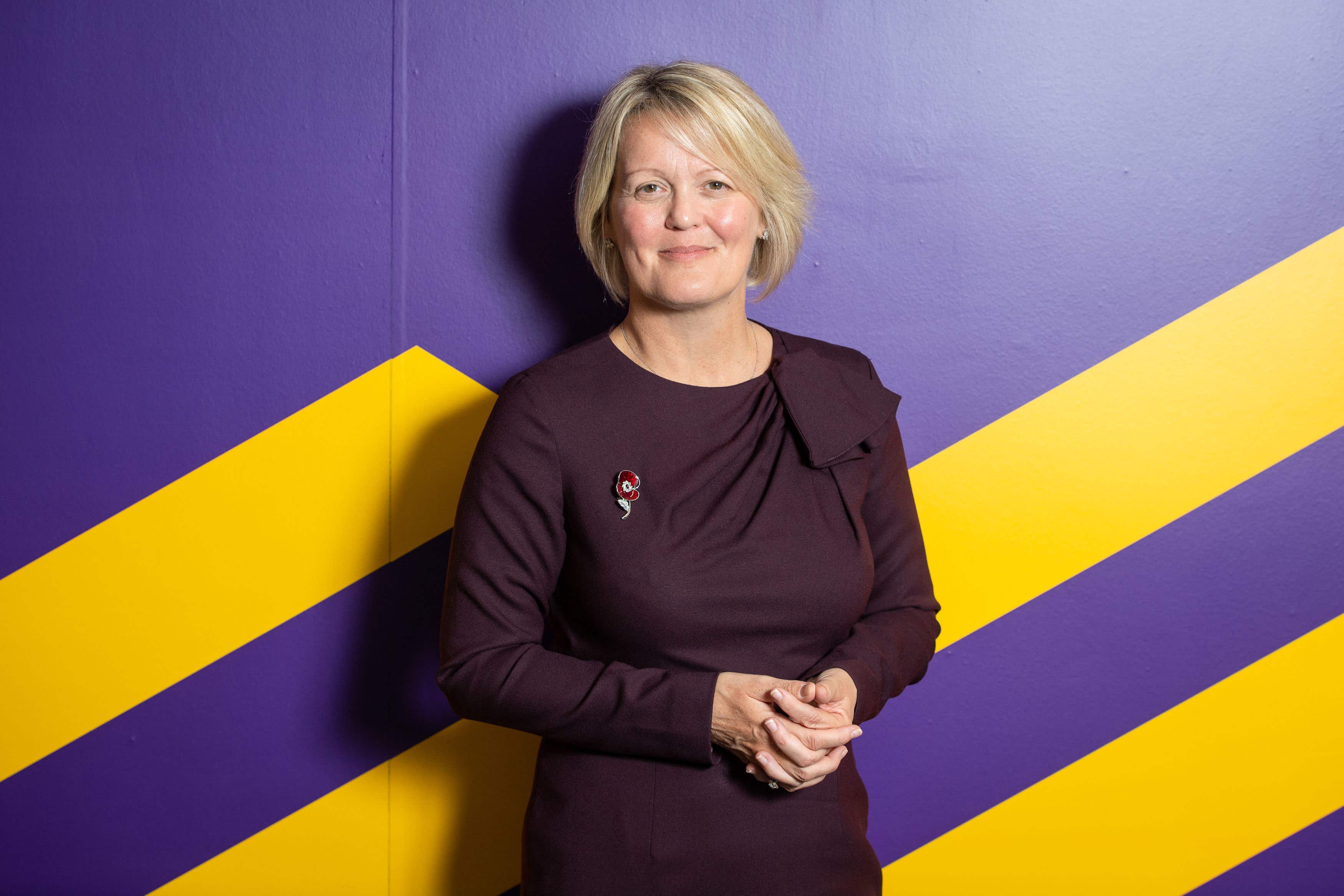Who is Dame Alison Rose, the first woman to lead a major British bank?
Dame Alison Rose was meant to be the continuity candidate after a decade of turbulence at NatWest, but her time proved more challenging than expected.

Dame Alison – or just Ms Rose as she was at the time – made history in 2019 when she became the first woman to take the top job at one of the UK’s big four banks.
She took over a bank from New Zealander Ross McEwan, which had stabilised after the financial crisis nearly killed it.
But there were still major challenges for the then 49-year old as she took the reins of the Royal Bank of Scotland (RBS) Group.
Seen as a details-oriented chief executive, in private her employees would say that her grasp of what was going on at the bank could leave them scrambling in response to her questions.
After the massive change under Mr McEwan, Dame Alison was seen as a continuity candidate whose consistency and reputation as a reliable banker would help steer the bank through a less turbulent time.
In the six years preceding her appointment, the group had seen its headcount reduce from 109,000 to 66,600 and it had withdrawn from 26 of 28 countries.
But as she took charge for the first time, it was clear Dame Alison wanted to make an impression, complaining that the bank was still “far too complex” and that it was “difficult to get things done”.
However, one of her first big marks on the bank was, fairly cosmetically, to change its name from the scandal-ridden RBS brand to NatWest.
RBS Group had briefly become the world’s biggest bank prior to the 2008 financial crisis thanks to a spending spree which included buying NatWest in 2000 and Dutch bank ABN Amro in 2007.
But by 2020 the eponymous bank had been outshone by NatWest within the group.
By then 80% of RBS Group’s customers banked with NatWest, not at RBS branches. It did not escape eagle eyes that Dame Alison had also risen up in a 27-year career at NatWest before being appointed chief executive.
One of the other key tasks for the chief executive was to oversee a slow transition back to private ownership.
When her appointment was announced, the Government still owned 62% of RBS Group, a legacy of the company’s financial crisis bailout.
It was a steady process and by March last year the Treasury finally reduced its stake in NatWest Group to less than half.
Perhaps two outside issues came to dominate much of Dame Alison’s time as NatWest Group boss.
The first was a gradual switch away from the bank’s more carbon-intensive business.
Just three months into her tenure the group said it would no longer provide funding to oil majors unless they had a “credible plan” to ensure their businesses were in line with the Paris climate agreement.
It followed just days after BP announced a plan to move to net zero, and pre-dated Shell’s own similar promise.
Since then NatWest has announced a series of further ultimatums to its business customers to set in place decarbonisation plans or find another lender. It has also promised billions of pounds in green funding.
Dame Alison probably expected to deal with climate issues when she took the top job, but her big unforeseen challenge was the Covid-19 pandemic.
Alongside other lenders, NatWest was at the forefront of the Government’s plan to prop up the economy during lockdowns.
By July 2020, NatWest had already lent £5.8 billion to smaller businesses through the bounce back loan scheme, and a further £2.3 billion in coronavirus business interruption scheme loans.
That month NatWest posted a £770 million loss for the first six months of the year, after it set aside a mammoth £2.1 billion to cover loans it thought might go bad largely as a result of the economic shocks of the pandemic.
In 2021 NatWest announced it would exit Ireland, eventually deciding to sell Ulster Bank to PTSB.
Later in the year it was hit with a £264 million fine in the first-ever criminal prosecution of a bank under UK anti-money laundering laws.
In the 2022 New Year Honours list, Dame Alison was recognised for services to financial services.
Subscribe to Independent Premium to bookmark this article
Want to bookmark your favourite articles and stories to read or reference later? Start your Independent Premium subscription today.
